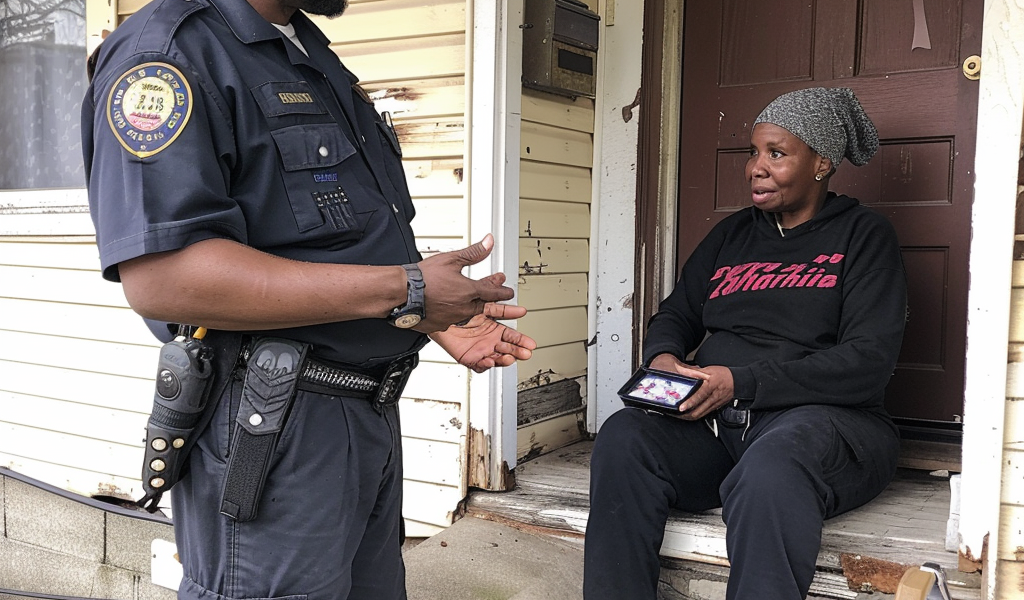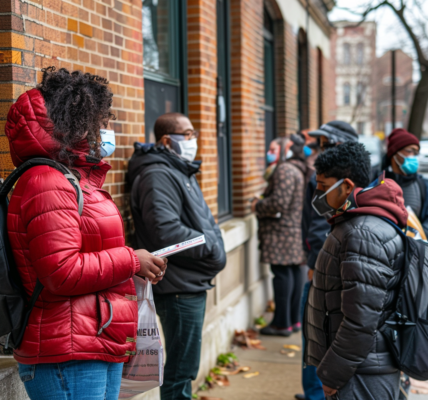Fire Capt. Jesse Blaire drove through the mobile home park until he found Shawnice Slaughter waiting on the steps of her little beige house. Slaughter, who had overdosed on opioids a few days earlier, was met by Blaire, a paramedic who leads the fire department’s emergency medical team. It had taken four vials of an overdose reversal medication and dozens of chest compressions to revive her.
At the hospital, Blaire informed Slaughter about a free program that could provide her with the necessary support for recovery. This program would not only connect her with a recovery center but also arrange her doctor’s appointments and provide transportation. Most importantly, it would offer medication to alleviate withdrawal symptoms, preventing her from seeking drugs to ease the sickness. Blaire committed to delivering this medication to her home daily.
Slaughter, a 31-year-old mother, expressed her need to stay alive for her son. Since then, Blaire has been visiting her every morning, ensuring she remembers her appointments and addressing her needs, such as clothes, food, and help with bills. At the end of each visit, he dispensed a couple of tiny, lifesaving tablets from a lockbox in his car. These tablets, known as buprenorphine, symbolize a significant shift in how counties in Florida and other states are tackling the opioid crisis. The approach involves providing addiction medication to those in need by meeting them where they are, whether on the street or in their driveway.
This initiative represents a transformative approach to addressing the opioid crisis, emphasizing the importance of meeting individuals in need where they are. By providing necessary support, including medication and practical assistance, this program aims to make a meaningful impact on the lives of those struggling with opioid addiction.





